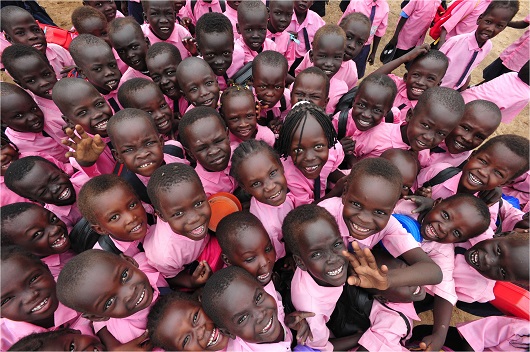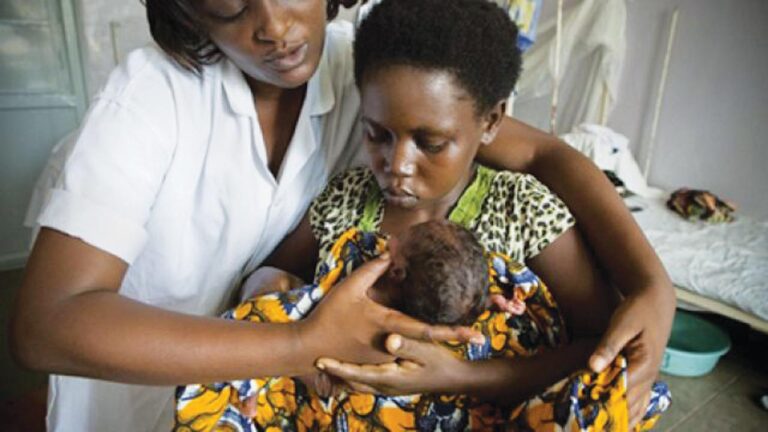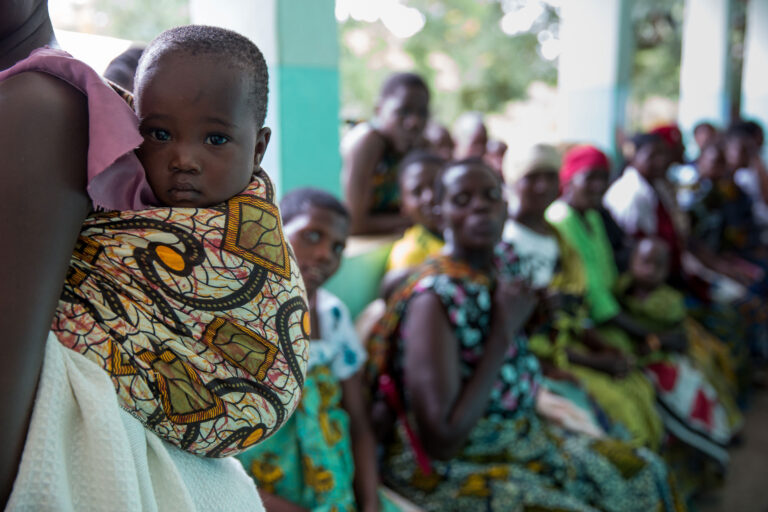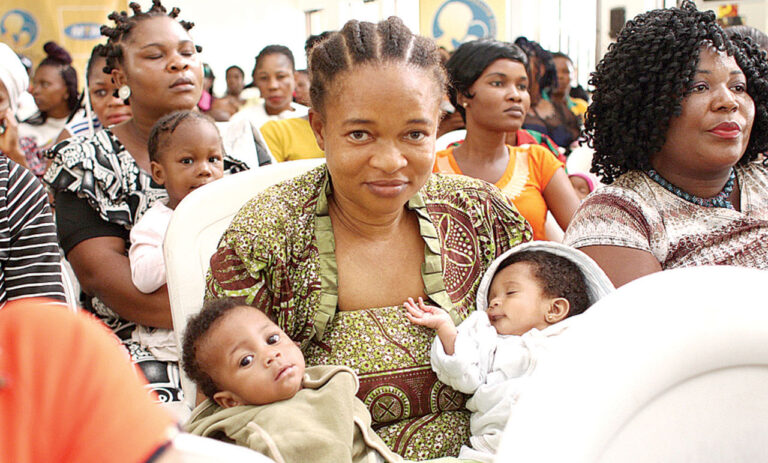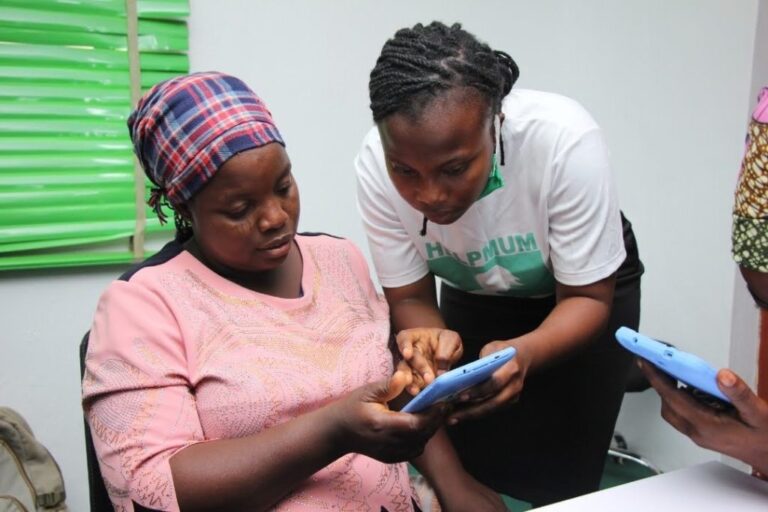In the battle against infant and maternal mortality in Africa, community empowerment emerges as a potent force. Localized solutions that harness the strength of communities can bring about transformative change. This article delves into the dynamic realm of community-based initiatives, including training local midwives and birth attendants, fostering maternal support networks, and advocating for women’s rights. By placing the community at the center of healthcare decisions, these initiatives can catalyze sustainable changes, save lives, and elevate overall well-being.
The Power of Community Engagement:
Community empowerment involves enabling individuals to participate in decisions that affect their lives, shaping interventions that align with their needs and values. This approach is particularly vital in the context of maternal and infant health, where cultural nuances and localized challenges demand tailored solutions. Engaging communities empowers them to take ownership of their health, fostering a sense of responsibility and commitment to ensuring the well-being of mothers and their newborns.
Training Local Midwives and Birth Attendants:
Local midwives and birth attendants often serve as the primary caregivers during childbirth in many African communities. Empowering these local healthcare providers through training and skill enhancement is a potent strategy. Training programs equip them with updated medical knowledge, essential birthing techniques, and the ability to identify and manage complications. This not only ensures safer deliveries but also boosts community confidence in the healthcare system.
Maternal Support Networks:
Creating maternal support networks within communities fosters a sense of solidarity and shared responsibility. These networks offer a platform for pregnant women and new mothers to exchange experiences, knowledge, and emotional support. By connecting women with similar life experiences, maternal support networks address feelings of isolation and anxiety. Moreover, these networks can serve as channels for disseminating crucial health information and promoting healthy practices.
Promoting Women’s Rights and Agency:
Empowering women with the knowledge of their rights and agency is central to community-based initiatives. When women are empowered to make decisions about their health, including family planning and childbirth preferences, the results are transformative. Encouraging women to participate in antenatal care, skilled childbirth, and postnatal check-ups enhances maternal and infant well-being. Initiatives that challenge harmful cultural practices, such as early marriage and female genital mutilation, also contribute to improved health outcomes.
Real-World Impact:
- The Baobab Health Partnership in Malawi: This initiative focuses on training community health workers to provide maternal and child health services. By bringing healthcare to people’s doorsteps, Baobab bridges gaps in access, resulting in improved health outcomes for both mothers and infants.
- Mama Ye! in Nigeria: Mama Ye! engages local communities in advocating for maternal and newborn health. This initiative leverages local leaders and cultural influencers to promote essential healthcare practices and dispel myths, fostering positive behavioral change.
- Uganda’s Village Health Teams: Uganda’s Village Health Teams are community volunteers trained to provide basic healthcare services and health education. By working within their communities, these teams contribute to increased health knowledge and awareness among women and families.
Challenges and Considerations:
- Cultural Sensitivity: Initiatives must respect cultural norms and beliefs to gain community trust. Understanding local contexts is essential for designing effective interventions.
- Resource Constraints: Limited resources can hinder the scale and sustainability of community-based initiatives. Collaborations with NGOs and international partners can help overcome resource challenges.
- Male Involvement: Engaging men in discussions about maternal and infant health is crucial. Initiatives should address cultural norms that influence male participation and advocate for their involvement.
Conclusion:
Community empowerment is a formidable force in the quest to reduce infant and maternal mortality in Africa. By training local midwives and birth attendants, fostering maternal support networks, and promoting women’s rights and agency, communities can become active participants in their own healthcare journey. Real-world success stories like the Baobab Health Partnership in Malawi, Mama Ye! in Nigeria, and Uganda’s Village Health Teams underscore the tangible impact of these initiatives.
Community-based approaches tap into the rich well of local knowledge, cultural understanding, and shared experiences. When communities take the lead in healthcare decisions, they foster sustainable changes that transcend generations. The journey toward improved maternal and infant health in Africa requires a united effort, where governments, NGOs, healthcare providers, and communities collaborate to shape a brighter future for mothers and their precious newborns.
References:
- Baobab Health Partnership. (2021). What We Do. https://www.baobabhealth.org/what-we-do/
- Mama Ye! Nigeria. (2021). About Us. https://www.mamaye.org.ng/about
- The World Bank. (2019). How can Uganda’s Village Health Teams improve maternal health? https://www.worldbank.org/en/news/feature/2019/02/14/how-can-ugandas-village-health-teams-improve-maternal-health
- United Nations Population Fund (UNFPA). (2019). Maternal Health: Empowering Women. https://www.unfpa.org/maternal-health-empowering-women
- World Health Organization. (2019). WHO recommendations on health promotion interventions for maternal and newborn health. https://www.who.int/maternal_child_adolescent/documents/health-promotion-interventions/en/

